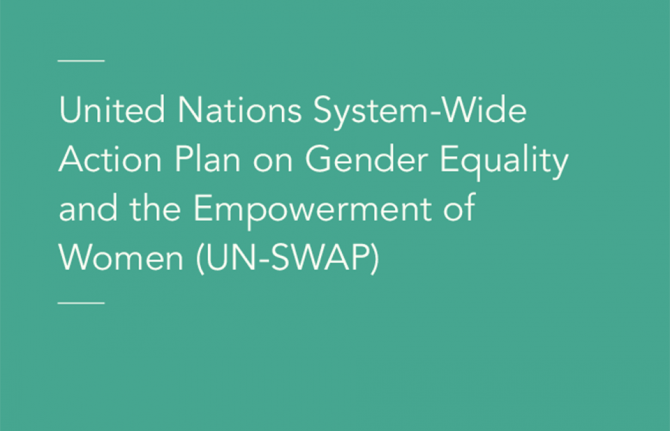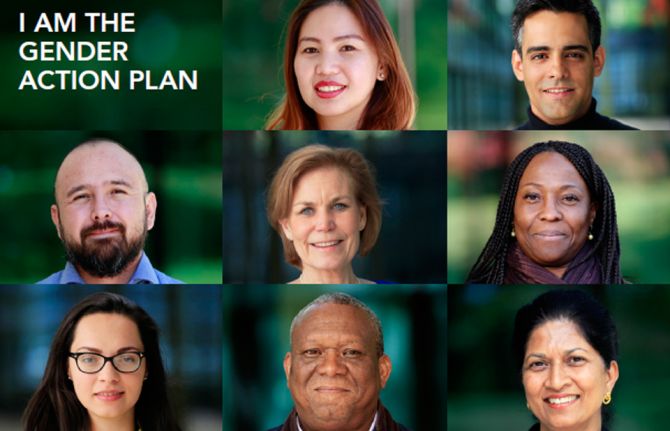
UNAIDS still ahead in implementing UN-SWAP


UNAIDS highly values and promotes the development of a diverse workforce and strives for gender parity at all levels. Diverse work teams are an asset to UNAIDS’ work on HIV. UNAIDS supports the right of all to a work environment that encourages productivity while respecting individual differences.
UNAIDS defines diversity as acknowledging, seeking to understand, accepting and valuing differences between people with respect to age, class, ethnicity, sex, physical and mental ability and sexual orientation. By encouraging diversity in its workforce, the UNAIDS Secretariat strives to create a fair and safe environment in which everyone has access to the same opportunities and benefits.
UNAIDS Gender Action Plan
Gender equality is a human right and critical to the performance and effectiveness of UNAIDS. The importance of advancing gender equality, including through the achievement of gender parity, is increasingly being recognized. Thus, the second UNAIDS Gender Action Plan, the UNAIDS Gender Action Plan 2018–2023, was launched on 8 June 2018, which sets four targets:
Thirty concrete commitments have been identified to drive progress against the targets and regular updates are made to staff on the progress made in order to ensure transparency and accountability.
UNAIDS offers a range of flexible working arrangements to staff, including working part-time, teleworking and working compressed working hours. In 2018, UNAIDS introduced a single parental leave policy that extends adoption and paternity to 16–18 weeks, depending on the number of children, and introduced surrogacy leave of the same duration.
UNAIDS has a zero tolerance policy on harassment, including sexual harassment, and seeks to foster safe, equal and inclusive working environments. UNAIDS is currently further elaborating and implementing the UNAIDS Management Action Plan.
UN Plus
UNAIDS houses the secretariat of UN Plus, a group of UN staff members who live with HIV, founded in March 2005 by staff concerned with HIV-related stigma and discrimination in the UN. The group has grown to be an extensive, global network and has engaged in advocacy and support to create an enabling work environment for people living with HIV in the UN system. While UN Plus members come from different UN organizations and have diverse professional and cultural backgrounds, they are united for solidarity, equality and acceptance of people living with HIV in the UN system.
UN Globe
UNAIDS actively participates in UN Globe, a UN staff member group that advocates for equality of and non-discrimination against lesbian, gay, bisexual, transgender and intersex staff in the UN system and its peacekeeping operations. UNAIDS was the first UN system organization to recognize same-sex partnerships for the purposes of benefits and other contractual arrangements.


"I am determined to put forward a transformative agenda for the HIV response and the UNAIDS Secretariat. Dedicated gender and feminist leadership expertise will be deployed aimed at fostering a feminist culture and concerted action taken to fully implement the Gender Action Plan 2018-2023."
Winnie Byanyima, UNAIDS Executive Director